Because this project also aims to contribute to the recognition of excellent work done in the field of mental health and human rights, in this section, we will (moderately because time is a precious place) disclose some examples of excellence in work done in the field of science, arts, and public policies.
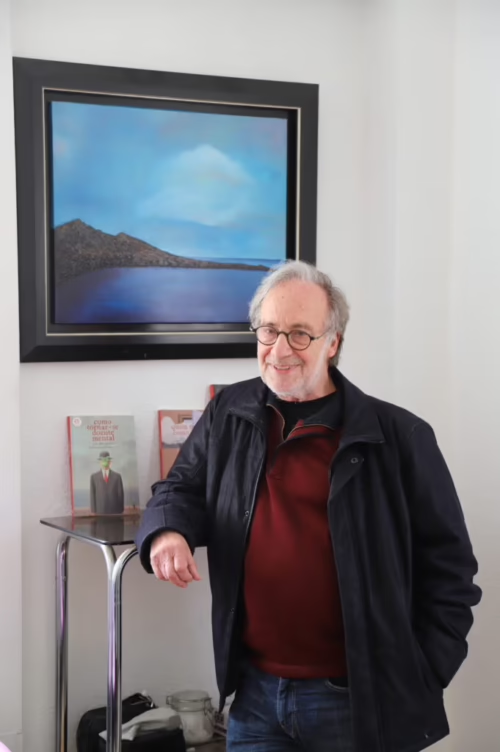
July, 2025
José Luís Pio Abreu (1944-2025).
A psychiatrist, researcher, teacher and citizen concerned about the public cause, Professor Pio Abreu leaves us an undeniable legacy in how we understand mental illness and its processes. His lucidity and intellectual honesty will mark the history of the humanization of mental health in Portugal. The best tribute we can offer him is to read him, “invite” him to our classes and gatherings and not give up on the pursuit of a “psy” science that is free from structures of power and embraces the uncertainty necessary for a new understanding of mental illness, which is comprehensive of human reality, which does not impose itself but includes so that it becomes more effective. Because, above all, “There are very few scientific truths about mental illness.” (Pio Abreu, in “How to become mentally ill”).
This time, the invitation comes in the form of an interview with journalist Luís Caetano at RTP: https://www.rtp.pt/play/p1299/e858902/a-ronda-da-noite
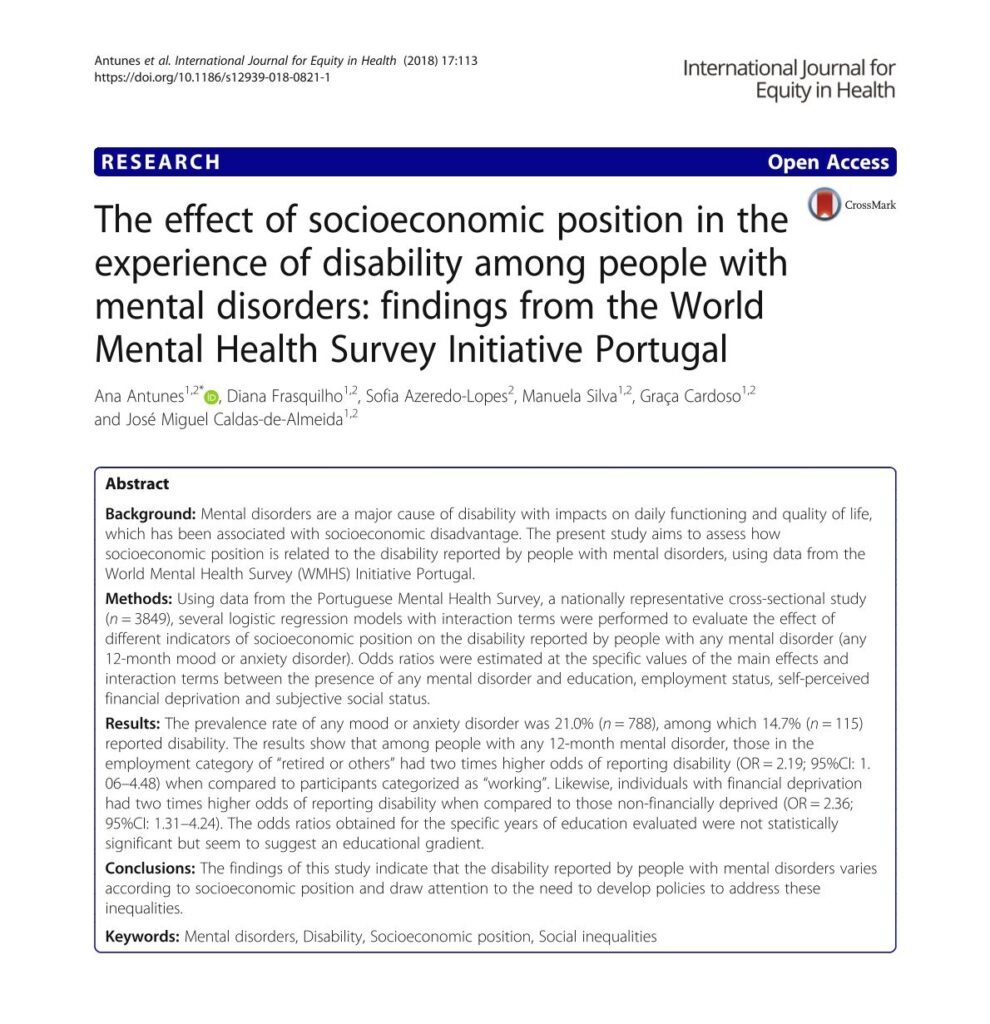
June, 2025
This month we highlight the work of Antunes et al. (2018) entitled ‘The effect of socioeconomic position in the experience of disability among people with mental disorders: findings from the World Mental Health Survey Initiative Portugal’. In this article, the authors explore the effect that employment status and economic difficulties have on the likelihood of people with mental illness experiencing disability. The article also draws attention to the importance of creating instruments and policies to overcome these asymmetries. “(…) despite the inability to ascertain the direction of causality, this study establishes the effect of specific social and economic factors in the experience of disability among people with mental disorders.”
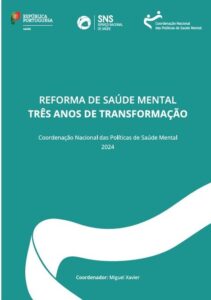
May, 2025
This May, we’re highlighting the report ‘Mental Health Reform – three years of transformation’, published in 2024 by the National Coordination of Mental Health Policies. The impact that psychiatric disorders and mental health problems have on the Portuguese population is well known, and is reinforced by the marked difficulties in terms of access to mental health services, stigma, economic problems and regional asymmetries. In this report you can learn about the path that has been mapped out and built to overcome these constraints. “In the last thirty years, mental health services in Western countries have undergone a radical transformation, and have gone further in developing multidisciplinary and community-based models than any other area of healthcare systems.“
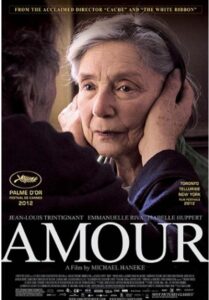
April, 2025
For the month of April we highlight the film ‘Love’ (Amour), by filmmaker Michael Haneke. A visceral invitation to experience how caring for those we love most challenges our own sense of continuity and place in the world. This film tells us the story of a couple of octogenarian music teachers, Georges and Anne, who see their lives transformed after Anne suffers a stroke. It’s a narrative that should unsettle us because of the lonely place to which the characters are left when hope is diluted in the presence of another’s suffering. “What’s going? What’s wrong? Anne! Coucou!? It’s me. Anne? Anne, what’s wrong? Anne, what’s wrong? What’s wrong?”
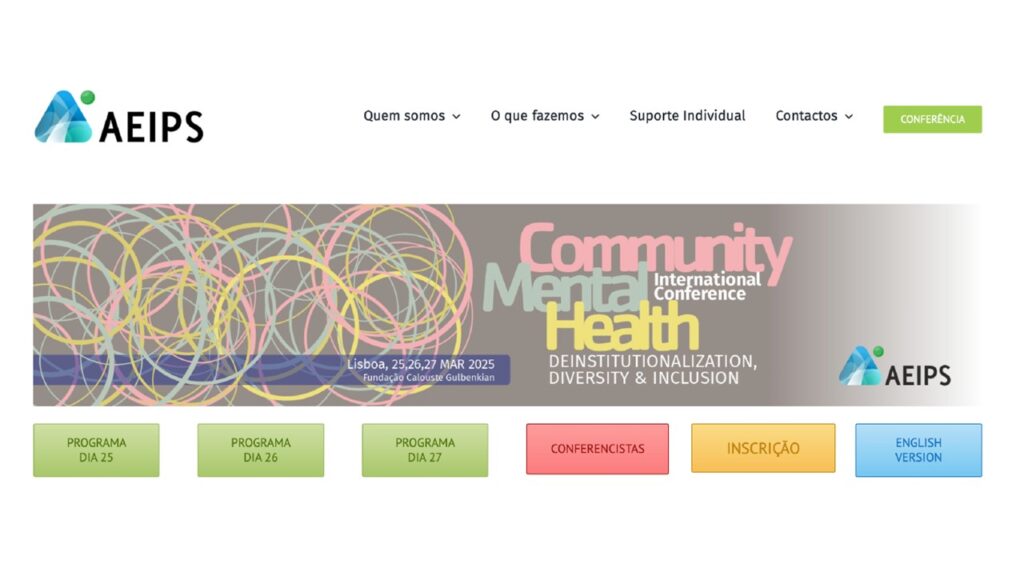
March, 2025
This month, we highlight the conference “Community Mental Health: Deinstitutionalization, Diversity & Inclusion“, which will take place on March 25, 26, and 27 at the Calouste Gulbenkian Foundation in Lisbon. This conference is of utmost importance for the urgent debate on mental health reform, the dignity and well-being of people with lived experience of mental illness, their families, and friends, and for the construction of a fair and equal society. The event is organized by the Associação para o Estudo e Integração Psicossocial (AEIPS) and will bring together individuals who have long been advocating for social justice and mental health as a fundamental guarantee of human rights. It is worth taking a look, “bringing the discussion home”, and expanding the debate so that mental health also becomes a national priority!

February, 2025
Testament of a Living Dead Buried in the House of the Dead (University of Porto Press, Pensamento, Arte & Ciência Collection) brings together writings by Abel Salazar, an iconic figure in Portuguese medicine, during his stay at the Casa de Saúde de S. João de Deus in Barcelos.
In a raw, unfiltered, and profoundly humanizing style, Salazar writes about mental suffering, art and artists, and science. We leave you with an invitation for these winter days to reflect on the lucidity that madness demands of us.
Vanity is insufferable, but vain modesty is even worse because it is false and hypocritical. In my view, a man should have a just understanding of himself, neither falling below what he is nor elevating himself beyond what he is not. It is always unpleasant to talk about oneself, but circumstances now compel me to do so. I have always deeply felt the beauty of life, and my joy was to observe it through the tools provided by science or to express it through the processes created by art. But an intellectual illness that has always tortured and aged me has long been causing me to struggle in a fatiguing labyrinth that is difficult to describe.
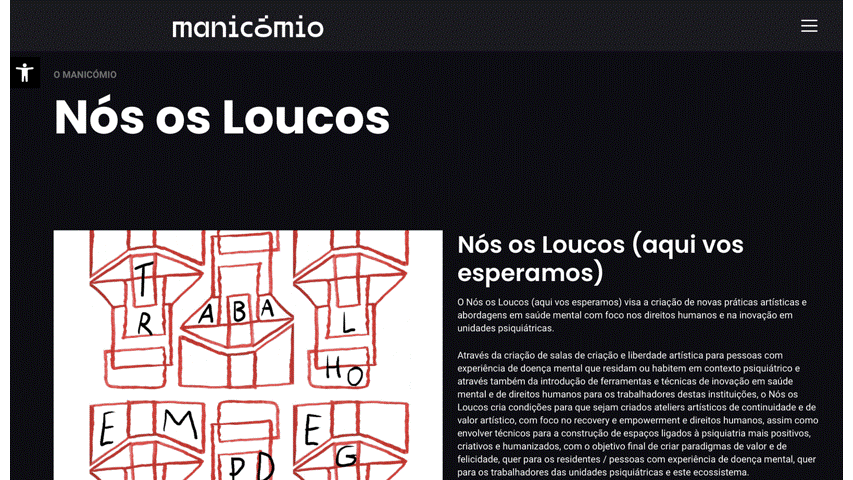
January, 2025
Outsider art (Jean Dubuffet, 1901-1985) is a prime example of how the act of creation reinvents itself through democratization and deviation from the norm. This movement, closely associated with artistic expression within the context of mental illness, inspires the work carried out by the Manicómio—a project that multiplies itself as a space for creation, relationships, and possibilities. There is much to discover in this project… we invite you to begin with Nós, os Loucos.
By creating spaces for artistic freedom for people with experiences of mental illness who reside in or are in psychiatric contexts, and by introducing tools and techniques for innovation in mental health and human rights for the workers in these institutions, Nós, os Loucos promotes the conditions for the development of continuous art workshops of high artistic value. The project focuses on recovery, empowerment, and human rights, also engaging professionals in building more positive, creative, and humanized psychiatric environments. The ultimate goal is to establish paradigms of value and happiness, both for residents/people with experiences of mental illness and for professionals working in psychiatric units and the surrounding ecosystem.
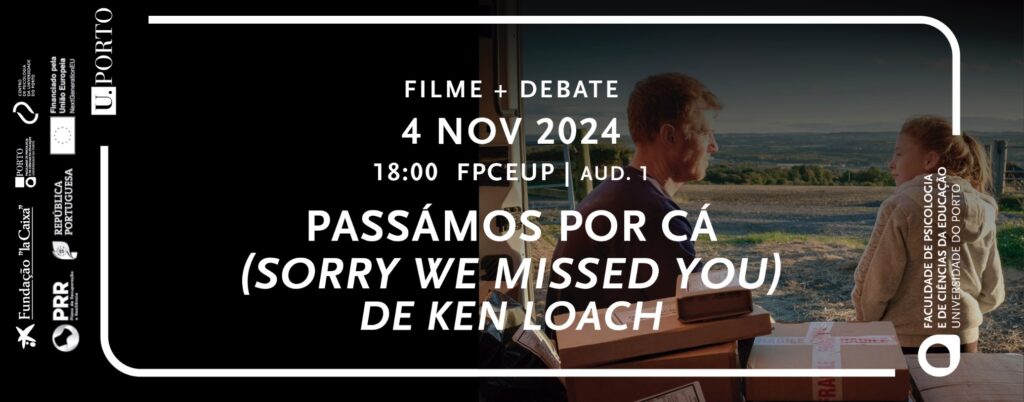
December, 2024
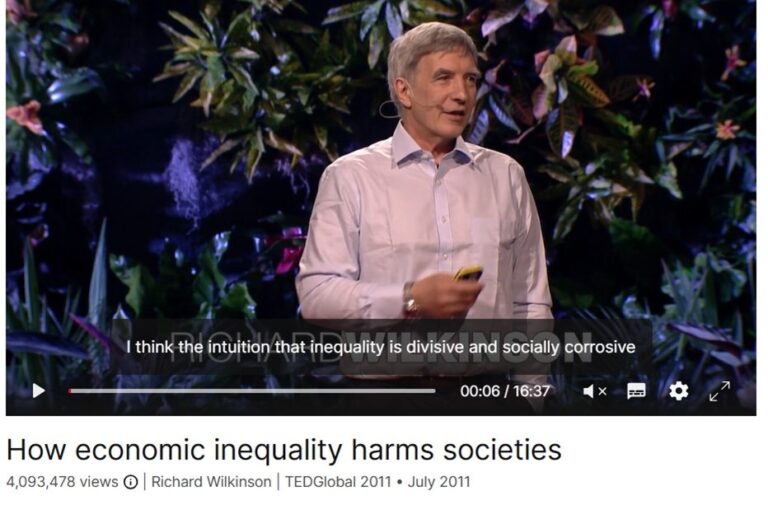
November, 2024
Economic inequalities introduce structural divisions in society that impact indicators such as life expectancy, trust, and the prevalence of mental illness.
In this documentary, Richard Wilkinson presents findings from studies in the field of social epidemiology, highlighting the pathological nature of the gap between people. Economic and social justice seem to have very clear implications for how we fall ill and how we trust one another. Addressing mental health requires advocating for fairer and more equal societies.
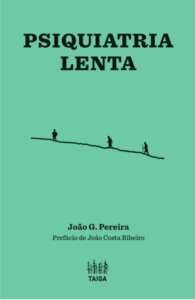
OCTOBER, 2024
SEPTEMBER, 2024 Worth a look the documentary “Stones, Plants, and Other Paths” (Collective of Therapeutic Companions, coordinated by Prof. Dr. Ricardo Wagner Machado da Silveira from the Psychology course at the Federal University of Uberlândia and produced by the Production Center of the University Television).
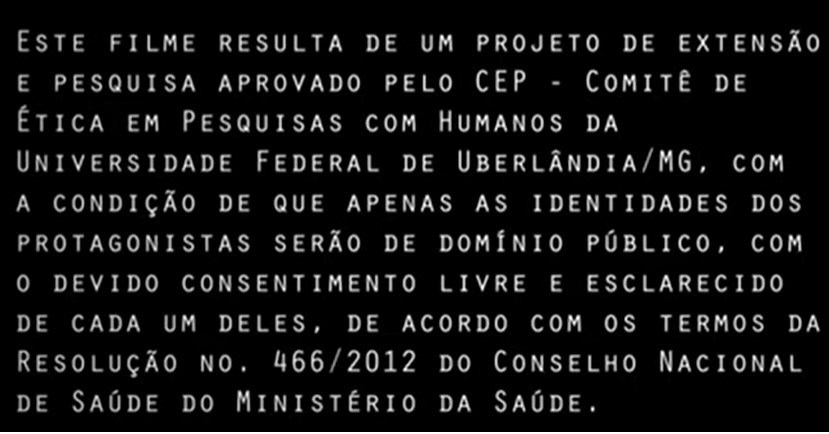
Once, I asked a great professor friend of mine what to do with this tightness in our chest. He first got teary-eyed and said that the idea is to transform this tightness into something new, something new so that we become a new therapist so that we become different. That often, the Therapeutic Companion is just there to be close and to be a representative of humanity.
It is a documentary about the role of the Therapeutic Companion and two people who create a place of humanity in a world of inequality and insanity.
AUGUST, 2024 This month, we highlight the interesting work “Contextual factors influencing the use of coercive measures in Portuguese mental health care” by Aluh et al. (2023).
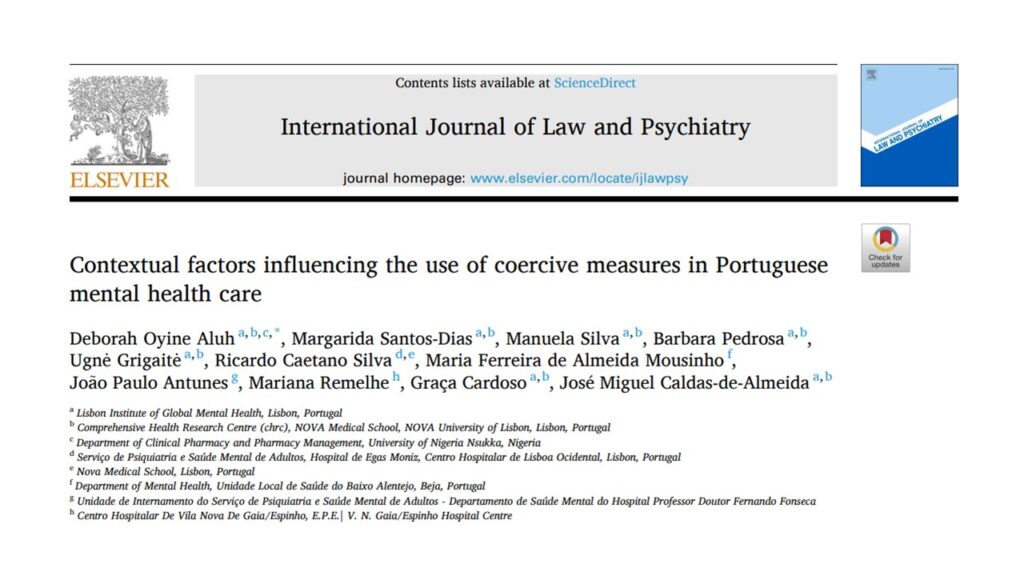
The article “Contextual factors influencing the use of coercive measures in Portuguese mental health care” by Aluh et al. (2023) is a qualitative study that prompts reflection on the structural and systemic dimensions of the use of coercive measures in mental health care in Portugal. The study was conducted with 40 medical and nursing professionals from five psychiatric departments in Portugal’s urban and rural regions. It highlights that decisions regarding coercive measures are influenced by factors that go beyond the characteristics of the individual diagnosed with a mental illness and include variables such as resource insufficiency, team characteristics, service inefficiency, and socio-legal issues
JULY, 2024: This month, we highlight the interesting work of Kirkbrid et al. (2024) entitled “The social determinants of mental health and disorder: evidence, prevention and recommendations“.
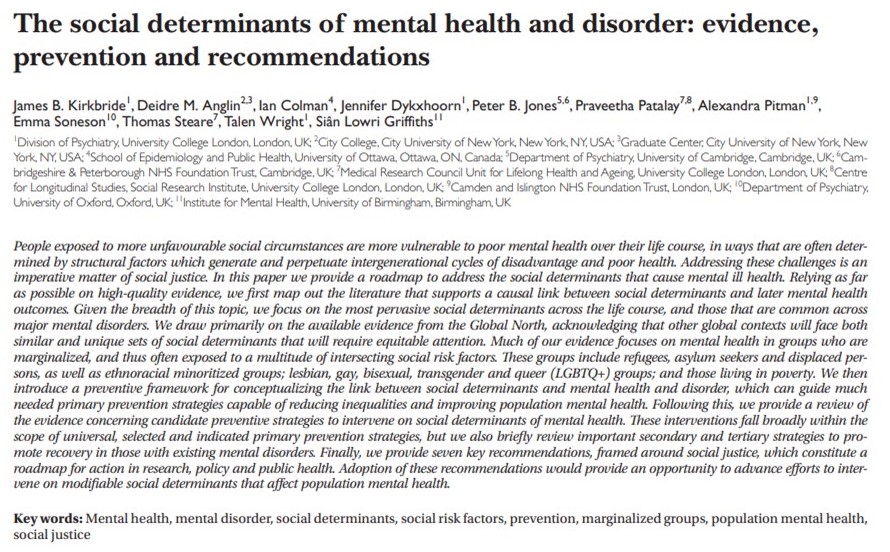
This paper, in open access, provides a detailed overview of the evidence linking social determinants, such as poverty and discrimination, to mental health outcomes throughout life. Furthermore, the article proposes primary prevention strategies and policy recommendations to reduce these inequalities, emphasizing the importance of social justice and the inclusion of marginalized groups, such as refugees and ethnic and sexual minorities. It is definitely worth a look!
JUNE, 2024: Worth a look the series “Desassossego“.
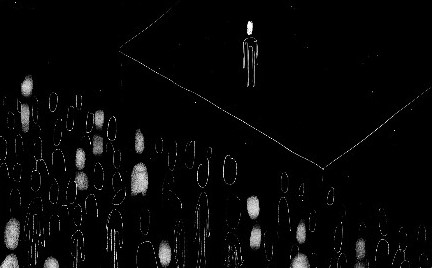
Desassossego is a series on health and mental illness comprises 13 episodes, combining personal, policy, and the practice experiences. This series is produced by Fumaça, an investigative journalism podcast. In 2023, Desassossego received two significant distinctions: the Human Rights & Integration Journalism Award and the AMI Journalism Against Indifference Award.
